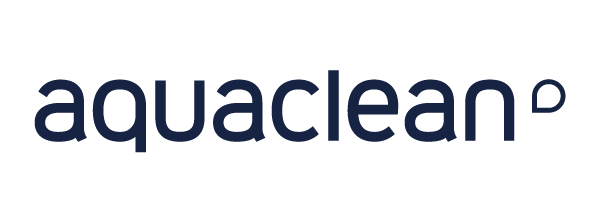 Each person and each organization is endowed with a potential, largely unconscious and unsuspected. In retail,to allow this potential to manifest itself, a context can be developed based on commitment, responsibility, acceptance, confidence, trust, know-how, authenticity and shared vision.
Each person and each organization is endowed with a potential, largely unconscious and unsuspected. In retail,to allow this potential to manifest itself, a context can be developed based on commitment, responsibility, acceptance, confidence, trust, know-how, authenticity and shared vision.
.EXCELLENCE VERSUS EXIGENCY.
Many organizations are based on exigency. In the “demanding” system.
things have to be perfect. As an employee, you only have to do what your boss says and as he/she tells you. Control and distrust prevail. If you go outside the rules, you make a mistake. And the mistake is punished. Demand kills the joy of doing it. On the other hand, in the “excellent” organization.
On the other hand, in the “excellent” organization.
things can be improved. Trust and communication, especially in giving and receiving feedback. Mistakes are accepted, as long as you learn from them and improve. As an employee you clearly distinguish what you do from who you are, and allow yourself to be much more than what you are doing today. “Excellence is imperative to enable continuous innovation.
And operate in changing environments.
COMMITMENT = OBLIGATION + MOTIVATION.
Commitment is assumed from freedom. And that is why, sometimes when motivation disappears, we continue to assume the obligation, taking into account that we perform better from motivation than from obligation.RESPONSIBILITY VS VICTIMISM.
Responsibility is an attitude, that of responding to what I am not the cause of. On the contrary, the one who feels victimized responds with passivity and does not assume the protagonism of changing things.ACCEPTANCE VS TOLERANCE.
Accepting that I am a salesperson opens more doors for me than simply tolerating that reality, which at some point may generate an inner conflict. VISION VS. SLEEP.
VISION VS. SLEEP.
A vision is a dream to which I am committed. The vision and the dream are both outside my comfort zone and seem unattainable, but in the case of the vision I take the plunge, because the vision is action-oriented.TRUST VS DISTRUST.
Trust is indispensable for building relationships and is based on three basic pillars: competence, reliability and sincerity. If even one of these pillars is broken, trust is lost. “When people are confident, they do everything they can do; when people don’t live in a context of confidence, they just do what they know, and what they know is more of the same.”
Luis Carchak.
AUTHORITY VS. AUTHORITARIANISM.
While authority reassures, authoritarianism paralyzes. In addition, authoritarianism undermines the capacity for authority, and therefore for leadership. Bad manners and shouting bring us closer to demanding and move us away from excellence and sustainable development.EMPATHY VS SYMPATHY.
Empathy is the ability to put oneself in the other person’s place. Sympathy is an emotion of caring that is felt for the other person. In the store, situations can be created where sympathy can undermine the ability to help the other person.KNOW HOW TO DO VS KNOW HOW TO BE.
Currently, training in stores has focused on “know-how”, without realizing that this concept is based on knowing how to be, knowing how to relate, and this, in turn, on knowing how to be.
